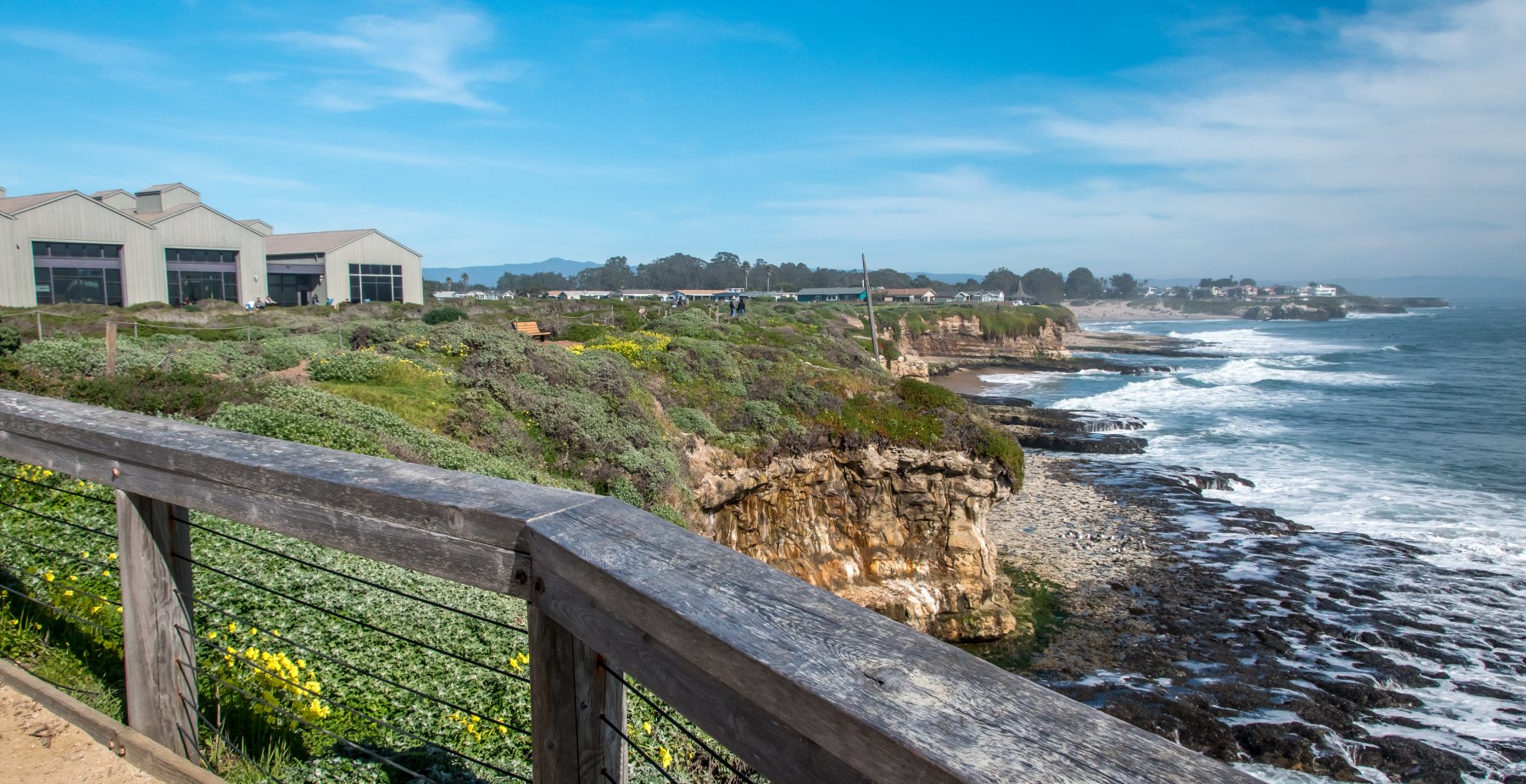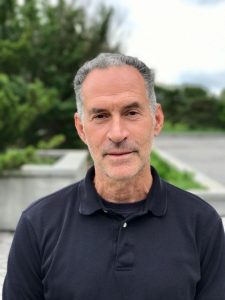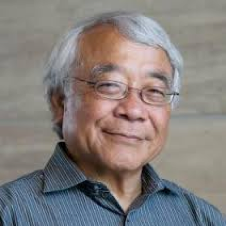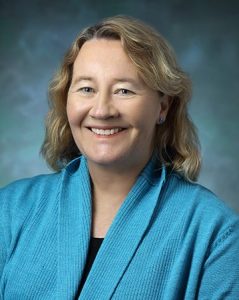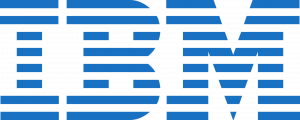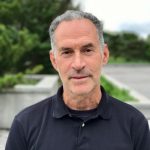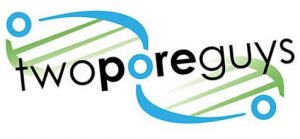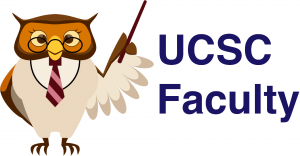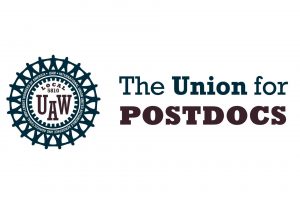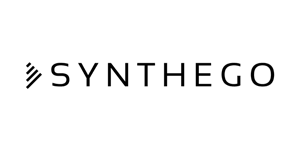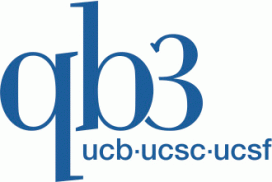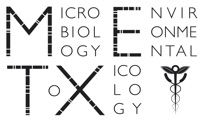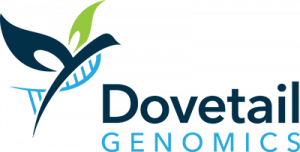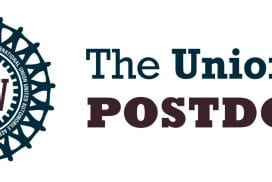3rd Annual Postdoc Symposium
March 1st, 2018, Seymour Marine Discovery Center
The UCSC STEM Postdoc Symposium is an annual symposium dedicated to highlighting research from early career scientists at UCSC. Faculty, staff, postdocs, graduate students and undergraduates are welcome to attend but registration is required. Postdocs and graduate students are encouraged to present their research in clear, concise talks and posters that are accessible to a broad STEM audience. The 2018 Postdoc Symposium was held on March 1st: thank you to all the attendees and speakers. Please see the pictures below, or visit the full gallery.
Keynote Speakers
Carol Greider
2009 Nobel Prize in Medicine
Daniel Nathans Professor, Johns Hopkins University School of Medicine
Bloomberg Distinguished Professor, Johns Hopkins University
Dr. Greider received the 2009 Nobel Prize in Medicine for her pioneering work begun as a graduate student in the telomerase field. Dr. Greider has also been an outspoken advocate of women and minorities in science, and has actively called for increased funding and support for early career investigators and trainees. She is a member of the National Academy of Sciences, a recipient of the 2006 Albert Lasker Award for Basic Medical Research, a member of the Institute of Medicine, a fellow of the American Academy of Arts and Sciences, and a Bloomberg Distinguished Professor at Johns Hopkins University.
Pat Brown
Chief Executive Officer, Impossible Foods Inc
Professor Emeritus, Stanford University
Please note that Dr. Brown has the flu and will be replaced by Dr. David Lipman, Chief Scientific Officer of Impossible Foods.
Dr. Brown is the founder and CEO of Impossible Foods Inc., a company working to transform the global food system by increasing sustainability and inventing better ways to make foods without compromise. Dr. Brown was one of the leaders of the Public Library of Science (PLOS) initiative to make published scientific research open access and freely available to researchers in the scientific community. He is a professor emeritus in the Department of Biochemistry at Stanford University where he invented the DNA microarray and an alumnus investigator of the Howard Hughes Medical Institute. He is a member of the National Academy of Sciences, the Institute of Medicine, and a fellow of the American Association for the Advancement of Science.
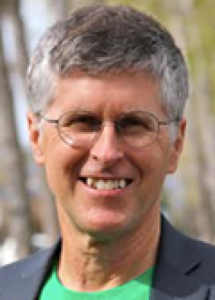
David Lipman
Chief Scientific Officer, Impossible Foods Inc
previously Director, National Center for Biotechnology Information (NCBI)
Dr. Lipman is the CSO of Impossible Foods Inc., a company at the forefront of making nutritious, delicious meat and dairy products from plants to satisfy meat lovers and address the environmental impact of animal farming, aiming to transform the global food system by increasing sustainability and inventing better ways to make foods without compromise.
Previously he was the founding director of the National Center for Biotechnology Information (NCBI), a division of the National Library of Medicine within the National Institutes of Health (NIH), and for 24 years has overseen its growth into one of the most heavily used resources in the world for the search and retrieval of biomedical information. Dr. Lipman obtained a B.A. in Biology followed by an M.D. He then joined the Mathematical Research Branch of the National Institute of Diabetes, Digestive, and Kidney Diseases (NIDDK) at NIH as a Research Fellow, studying molecular evolution and developing computational tools for sequence comparison. He is one of the developers of the original BLAST (Basic Local Alignment Search Tool) algorithm for rapidly identifying biological sequences that are similar to a queried sequence.
He is an elected member of the National Academy of Sciences, the Institute of Medicine, and the American Academy of Arts and Sciences.
Keith Yamamoto
Professor, Vice Chancellor for Science Policy and Strategy
Vice Dean for Research, UCSF School of Medicine
Dr. Yamamoto is a leader in science policy who regularly meets with lawmakers to help shape science policy at the national and international level. He has been an advocate of trainees and early-career investigators throughout his career as a leading research scientist. As Vice Chancellor of Research at UCSF he has been vocal about the need to reshape graduate and postdoctoral training to prepare trainees for a wide variety of occupations, both academic and non-academic. He chairs the Coalition for the Life Sciences and sits on both the National Academy of Medicine Executive Committee and the National Academy of Sciences Division of Earth and Life Studies Advisory Committee. He is an elected member of the National Academy of Sciences, National Academy of Medicine, American Academy of Arts and Sciences, and American Academy of Microbiology, and is a fellow of the American Association for the Advancement of Science.
Tentative Agenda
9:45-10:00
Welcome, Sergio Covarrubias & Jason Fernandes, Symposium Co-Chairs
Opening Remarks, Tyrus Miller, Dean of the UCSC Graduate Division
10:00-12:15
Morning Session, Session Chair Hanh Lam, USPA
11:00-11:10
PCH-2 (TRIP13): an essential regulator of spindle assembly checkpoint strength
Lenaig Defachelles, UCSC Postdoc, MCD
11:10-11:20
Conserved interaction between yeast Hsh155 and Cus2 enforces ATP-dependent prespliceosome assembly by antagonizing Prp5 ATPase activity
Jason Talkish, UCSC Postdoc, MCD
11:35-11:45
Nanopore sequencing - changing how we solve biological questions
Miten Jain, UCSC Postdoc, BME
11:45-11:55
Nanopore-based structure probing of 16s RNA
Logan Mulroney, UCSC Graduate Student, BME
11:55-12:05
Wolbachia transport to the posterior pole of Drosophila oocytes is kinesin heavy chain-limited, and uses the scaffold protein APLIP1
Shelbi Russell, UCSC Postdoc, MCD
12:05-12:15
Investigating the Roles of Stromal Androgen Receptor in Mouse Prostate Cancer Models
Yueli Liu, UCSC Postdoc, MCD
1:15-3:30
Afternoon Session, Session Chair: Xuejing Chen, USPA
2:10-2:20
Using 3-D fluid-heat models to understand microbial life in the deep marine subsurface
Tess Weathers, UCSC Postdoc, Earth and Planetary Science
2:20-2:30
A PIT-Driven Approach to In-network Caching for Named Data Network
Dongbiao He, UCSC Staff, Computer Engineering
3:35-6:00
Evening Session, Session Chair: Jason Fernandes, USPA
4:25-4:35
A novel mechanism of formaldehyde detoxification that utilizes induction of a reactive secondary metabolite
Aswad Khadilkar, UCSC Postdoc, CHEM
4:35-4:45
Defining similarity among RNA-Seq profiles of primary tumors
Holly Beale, UCSC Staff, Genomics Institute
4:45-4:55
Genomic Analysis of Disjunct Marine Fish Populations of the Northeastern Pacific and Sea of Cortez
Eric Garcia, UCSC Graduate Student, Ecology and Evolutionary Biology
4:55-5:00
Closing Remarks, Riva Dill, USPA Vice Chair
Sponsorship
Sponsorship opportunities available!
Contact us: uspa@ucsc.edu
Platinum [$2000+]
- Sponsor lunch or breakfast or keynote speaker travel [prominent mention of sponsorship for these specific items by session chairs].
- Logo/branding images displayed before and after each break.
- Table for representatives at all breaks.
- Poster with info of your company information during poster sessions.
- Contact info for all attendees [faculty, postdocs, students and lab managers] who opt-in to share information.
- Gold and Silver privileges as well.
Gold [$1000]
- Sponsor refreshments during breaks or poster session [prominent mention of sponsorship for these specific items by session chairs].
- Choice of poster or table during breaks/poster session.
- Larger logo/branding on conference program.
- Silver privileges as well.
Silver [$500]
- Attendance for 2 representatives.
- Option to sponsor poster and talk awards with “presented by” mention.
- Logo on conference program and website.
- Logo displayed at closing remarks.
Map
Latest Posts
-
USPA Summer Beverage Sampling Social 8/13/24 3:30-5:30pm
-
Upcoming Workshops for Those Interested in Faculty Positions
-
Workshop Series for Building Resilience and Well-Being
-
Join Us for a Celebration of Diversity April 26 4-6pm
-
Thank You Everyone Who Joined Us for Hiking!
-
Upcoming Event – Pathways to Professorship!
-
Postdoc Thanksgiving Potluck!
-
Apply for the Biological Sciences Postdoc Travel Award!
-
Thank You for an Awesome Postdoctober Fest!
-
USPA Beverage Sampling Social 10/25 3-6pm

